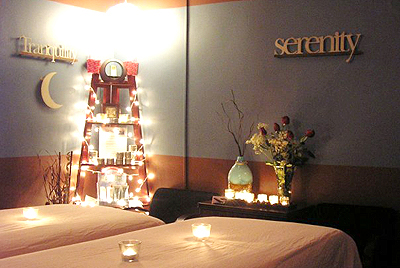-
Are You Getting Enough Vitamin D?
- Posted on November 4, 2013
- by admin
- in November 2013
- Comments Off on Are You Getting Enough Vitamin D?
 Especially in the colder and darker months, it’s important to ensure that you’re getting enough Vitamin D. However, chances are, you’re not.
Especially in the colder and darker months, it’s important to ensure that you’re getting enough Vitamin D. However, chances are, you’re not.According to the Journal of Nutrition, you’re likely to have a vitamin D deficiency if you live further from the equator, have pre-existing medical conditions such as obesity, liver disease, celiac or renal disease, or have darker skin pigmentation. This puts a large portion of the human population at risk.
Why is that so bad, you might ask? Vitamin D is a hormone that is not naturally found in the human body. It can either be consumed through foods such as fatty fishes and cheeses, or synthesized in the skin through sun exposure.
After absorption, Vitamin D is converted to its active hormone form in the kidneys and liver. In its hormone form, Vitamin D helps with the absorption of calcium.
Vitamin D also helps to regulate the immune system by activating genes that release neurotransmitters, such as dopamine and serotonin. These two neurotransmitters, in particular, are closely linked with mood and emotion.
From late autumn through early spring, when shorter days mean less sunlight, people may be more susceptible to a mood disorder called Seasonal Affective Disorder (SAD). The less sunlight a body is exposed to, the less Vitamin D can be absorbed.
It’s still possible to get enough vitamin D in the darker months. As previously mentioned, fatty fishes, such as salmon, tuna, and eel can help you get the recommended dose of Vitamin D. Three ounces of salmon contains almost 2/3 of your recommended vitamin D! Canned fish is okay, too.
Certain mushrooms can also be fortified with vitamin D. This may seem backwards, as mushrooms are usually grown in the darkness, but some are specifically grown in ultraviolet light to cultivate vitamin D! Vitamin D fortified milk (including soy and almond milk), as well as fortified orange juice or fortified cereal, is also a great source.
If you’re still not getting enough, consult your doctor about taking vitamin D supplements. If you’d rather not ingest anything, you can consider investing in ultraviolet bulbs.
And of course, get as much sunlight as you can. Nothing can beat that!
If you enjoyed this article please consider sharing it!











